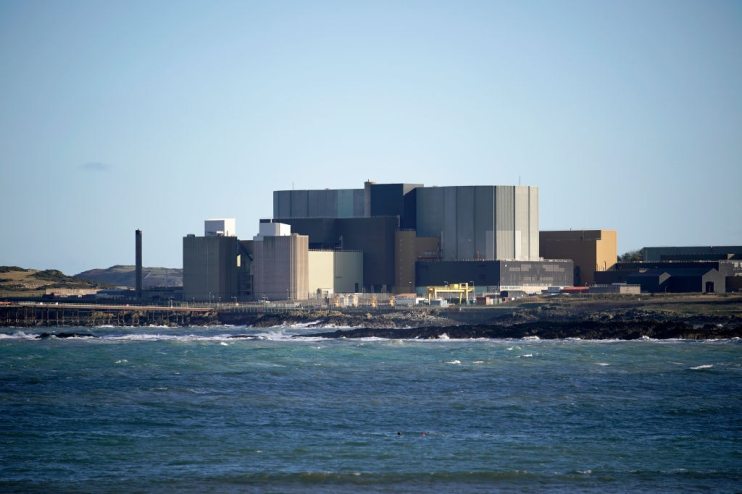Volatile energy prices set to continue into the next decade

Volatile wholesale energy prices could extend into the next decade, unless the UK develops a long-term strategy to cope with changes in energy production and unstable economic, geopolitical, and ecological systems, argues Cornwall Insight.
The energy specialists have released data suggesting that prices could remain unpredictable beyond the current market crisis.
It even suggests prices could become increasing volatile from 2026 , jumping by £95 per megawatt hour between the summer and winter, with the seasonal differential rising to nearly £120 per megawatt hour by 2030.
The group measures future volatility with its benchmark power curve, which looks at energy investment and operational decisions over a 30-year period.
Its forecast indicates a combination of just in time energy procurement, an overreliance on insecure energy imports, increased weather risks and a reduction in nuclear and coal power stations will leave the UK energy prices vulnerable to instability into the next decade, unless action is taken.
The publication of the latest data from its power curve follows gloomy predictions from the supplier that the consumer price cap could rise to nearly £2,000 per year when the price cap is hiked in April.
However, it suggests the problems could extend well beyond the current market crisis.
Tom Edwards, senior modelling consultant at Cornwall Insight, said: “With all the focus of the recent energy crisis being on wholesale prices for the short-term and the imminent price caps, you would be forgiven for thinking that volatile energy markets are simply a problem for the present, not the future. As our research shows, without significant changes to the way we procure, supply, and consume energy, we are likely to see many years of boom-and-bust energy pricing in the UK.”
The consultant suggested potential solutions to minimise future problems such as boosting the UK’s long-term energy storage facilities, while investment in energy efficient housing and electric vehicles could reduce the level of demand on power plant capacity.
He also argued policy makers needed to prioritise resilience over costs, in order to ensure stable energy solutions for the coming decades. This included a guiding significant role for the state.
Edwards concluded: ““Looking further ahead, policy makers must understand that the market designs of the next 20-30 years cannot rely on stable economic, geopolitical, or ecological systems. A greater focus on resilience and risk above efficiency and low costs across our economy is needed. This will include a significant role for the state, especially if they are to guide us through the enormous technical and sociological changes required to deliver the net zero ambitions industry and government have promised to the electorate.”